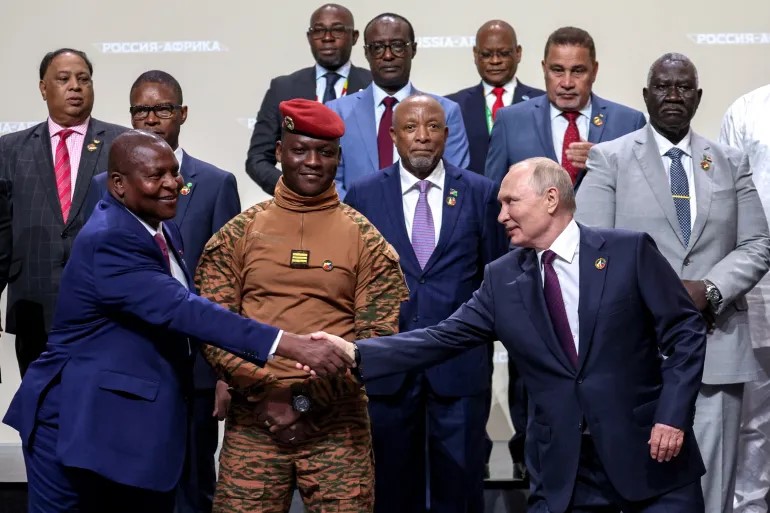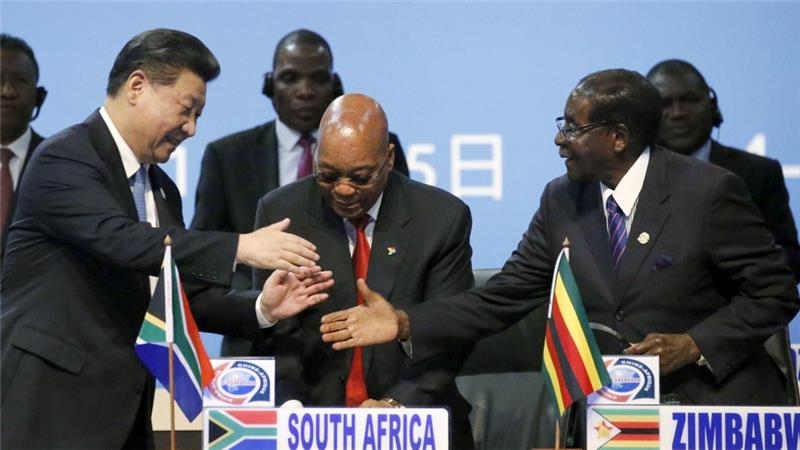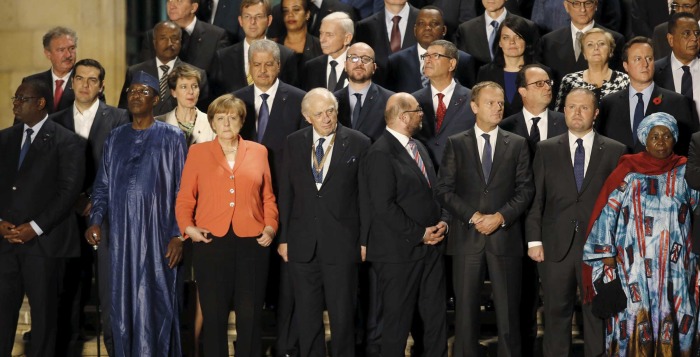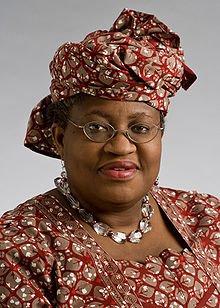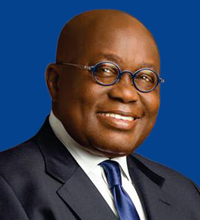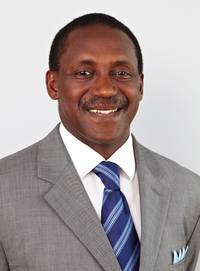 By Mo Ibrahim
By Mo Ibrahim
This year, my Foundation withheld our Leadership Award for the third time in six years. This prompted much hand-wringing over the state of Africa and in particular the futility of this initiative and the bad name it was giving to the Continent.
I have spent my career trying to tell the truth about Africa. When, fifteen years ago, I started to build an African mobile phone operation, very few were willing to hear or believe that Africa was open for business. When I said time and again that you could do business in Africa without paying a dollar in bribes, I was met with disbelief.
Fifteen years later, it has become fashionable to talk about Africa Rising. The Hopeless Continent has become the next investment frontier as investors consistently make returns impossible elsewhere.
Amidst all this optimism, it has become deeply unfashionable to talk about some of the less favourable trends on the continent.
Over the past ten years, the general trend across African governance is positive. We have seen a marked decline in conflicts, sustained economic development and significant gains in Human Development. We are more peaceful, prosperous, healthy and well-educated than at the turn of the millennium.
However, our Index also showed that the economic progress being made comes amidst democratic stagnation and even recession. Our powerhouses - Egypt, Kenya, Nigeria and South Africa - are under-performing. And as our Prize Committee decision indicated, we are not seeing the kind of visionary leadership that will help us make the transition from our twentieth century challenges to becoming dynamic twenty-first century players on the global stage.
We established the Ibrahim Prize as a recognition of excellence in Leadership. We set a high bar, one that not only could be achieved but one that needed to be if Africa is to meet its potential and the aspirations of our young people. We have consistently maintained that standard even under sustained criticism. Excellence is not a relative concept and we refuse to embrace a lower standard because we are an African institution. Moreover, doing so would cheapen the awards rightly given to Presidents Chissano, Mogae and Pires.
We have been described as 'failing' to make the award for three years. But is it the Foundation that has fallen short or the political leadership of the Continent?
It is not the role of our Foundation to cheerlead or denigrate Africa. We must be just as critical of those who seek to hide the challenges we face, as those who seek to present Africa as a continent of victims. It is our role to speak the truth as we find it and stimulate debate about the issues that matter most.
We were delighted to honour Archbishop Tutu last month for his decades-long commitment to speaking truth to power. This is the role and responsibility of civil society and one we must not shy away from.
I am delighted to see the positive trends highlighted by this year's Index. Africa is on the move. But I am also proud of the decision of our Prize Committee. We still have a way to go.

